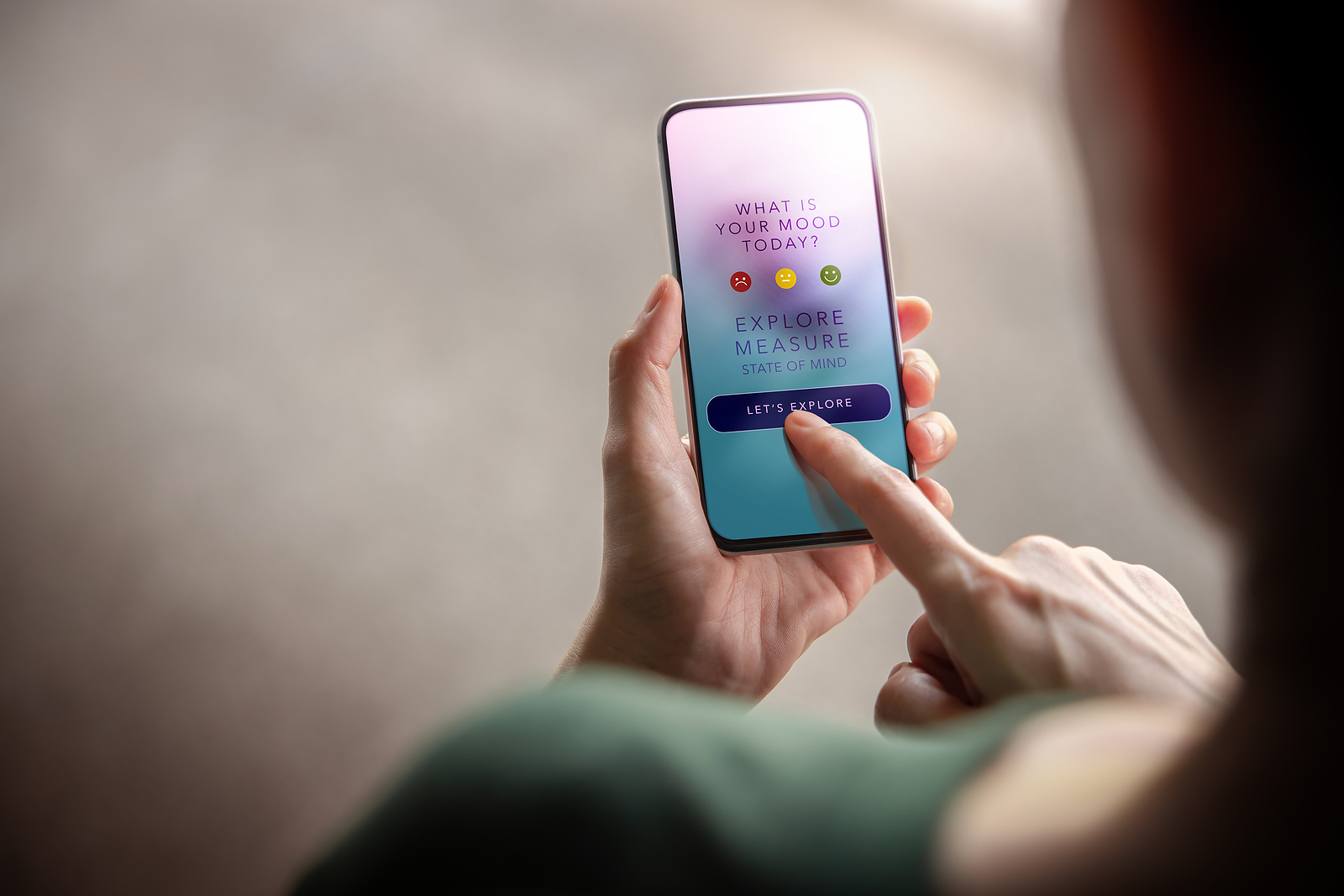Tech Advances for Better Mental Health
Advanced technology is increasingly pivotal in supporting women’s mental and overall health. Remote, hybrid, and flexible work models are reducing stress and providing a better work-life balance. Mental health apps that are accessible anytime and anywhere offer personalized resources like therapy and meditation prompts. Other tech advances for better mental health include teletherapy, online support communities, and wearable devices that track physical and psychological well-being.
These and other developments are empowering women like never before, helping them proactively manage their mental well-being and enhance their quality of life in and out of the workplace.
To learn more about how tech advances for better mental health can help your Las Vegas business attract and retain top talent, contact Taurean Consulting Group online or call (702) 529-0378.
These and other developments are empowering women like never before, helping them proactively manage their mental well-being and enhance their quality of life in and out of the workplace.
How Technology is Reducing Mental Health Stigmas
Online and social media platforms are also playing crucial roles in reducing long-time stigmas and debunking myths about mental health. They’re raising awareness, promoting acceptance, and fostering empathy, giving women the opportunity to share their mental health challenges anonymously, without fear of judgment. And they’ve made it easier to access and share resources and reliable information about various mental health conditions.Influential Ways Technology is Supporting Women’s Health
Another major advancement in women’s healthcare is telemedicine. The innovative technology allows patients to access health services remotely, saving time and eliminating obstacles like childcare and transportation. Wearable devices and health apps are helping women track menstrual cycles and manage other reproductive issues like fertility and pregnancy.Improving Access to Mental Health Resources
Tech is also leveling the health playing field for underserved populations in several ways:- Remote counseling or teletherapy services enable patients in underserved areas to access the same mental health resources and providers that other patients can.
- Mobile mental health apps offer guidance on self-care and coping skills. Patients can learn stress management techniques and use their mobile devices to track moods and remind them to take a break.
- Online support communities connect women with shared experiences and lifestyles, encouraging them to be more proactive in taking care of their mental and physical health.
- Text-based helplines provide confidential support via text messages so marginalized women can receive immediate guidance during a crisis.
- Language accessibility. Underserved women can now access mental health resources in multiple languages, making services available to diverse populations.
Tech-Based Tools Designed to Promote Women’s Health
There are now numerous tech-based tools specifically designed to promote women’s health.- Menstrual tracking apps predict ovulation, monitor symptoms, and remind women to take their medications.
- Fertility and pregnancy apps provide resources, information, and guidance on prenatal care, nutrition, fetal development, and more.
- Fitness trackers and smartwatches help women monitor their physical health, which has a direct impact on their mental health.
- Breast health apps, including breast self-examination guides and mammogram reminders, help women stay proactive about their breast health.
- Wellness and mindfulness apps are terrific resources for stress reduction tips, mindfulness exercises, and self-care practices.
To learn more about how tech advances for better mental health can help your Las Vegas business attract and retain top talent, contact Taurean Consulting Group online or call (702) 529-0378.

